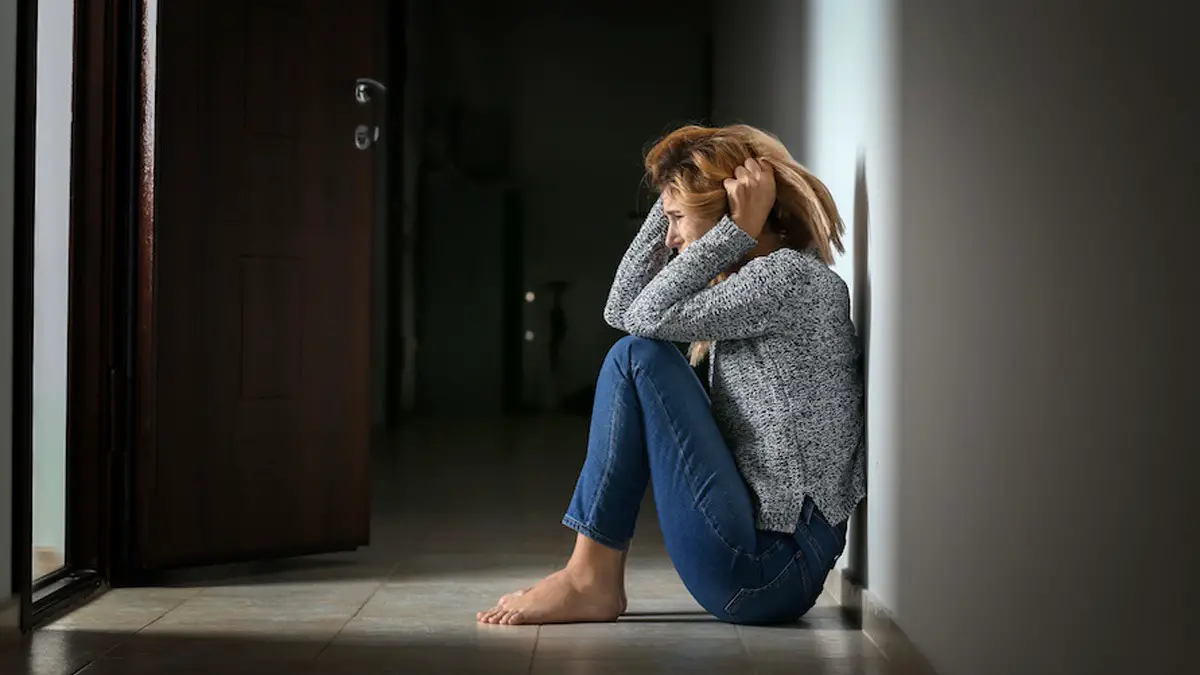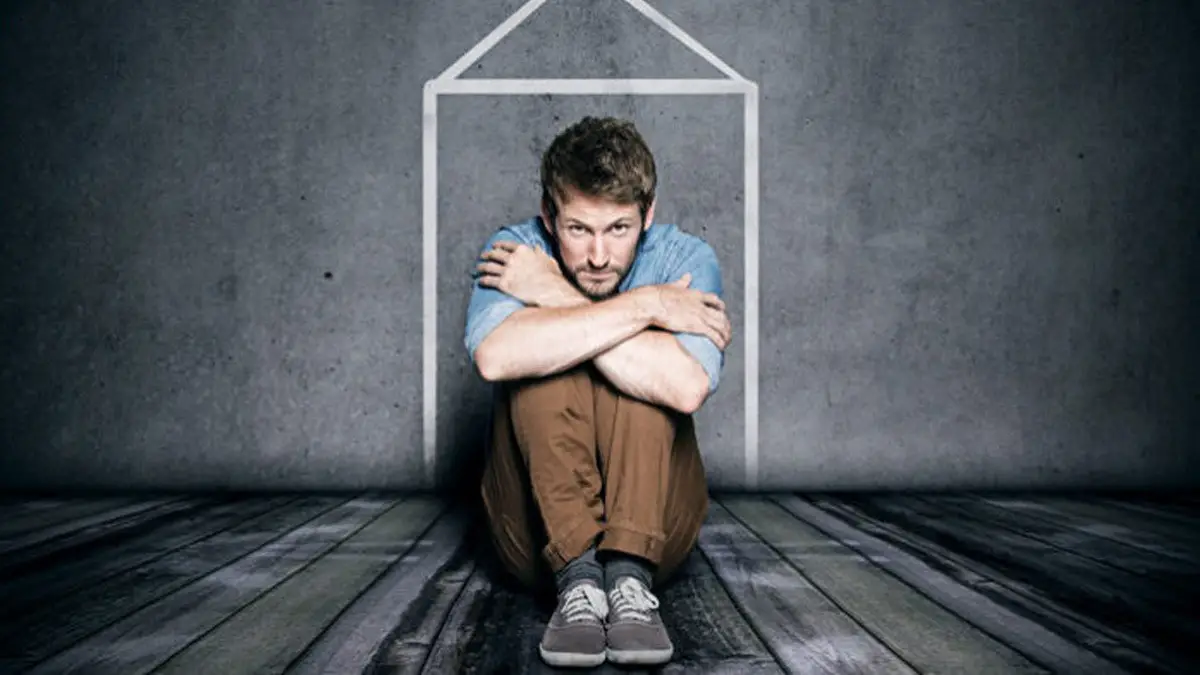
Claustrophobia is known as the psychological feeling of anguish produced by staying indoors.
Quarantine claustrophobia “Involves a variety of negative emotions and distress related to restricted movement: irritability, boredom, some hopelessness and even, behaviorally, restlessness and difficulty concentrating,” says Wright Vaile, a psychologist and director of Clinical and Quality research at the American Psychological Association.
It may not be a facts-established condition, but the feelings associated are. Your personality and temperament are important factors in how quickly you develop these kinds of emotions. “The more outgoing you are and are not used to being at home, the more likely you are to feel that way,” Wright said.
There are people who instantly feel it, said Paul Rosenblatt, a psychologist and professor emeritus of family social science at the University of Minnesota, who studied cabin fever among adults in the 1980s.
 “They are seeing a future where they could be home for a long time and they are feeling it ”, he added. Those who see voluntary quarantine as a way to finally clean up their home, sort bills, organize their closet, or pursue a new hobby, may take longer to achieve claustrophobia by quarantine, if they ever do, Rosenblatt explains.
“They are seeing a future where they could be home for a long time and they are feeling it ”, he added. Those who see voluntary quarantine as a way to finally clean up their home, sort bills, organize their closet, or pursue a new hobby, may take longer to achieve claustrophobia by quarantine, if they ever do, Rosenblatt explains.
This idea of feeling isolated from the outside world, generates feelings of nervousness or anxiety, coupled with fear that they somehow will contract Coronavirus.
The way of facing this situation varies from person to person, many assume it calmly, without feeling fear, confusion, while others tend to experience mood swings, irritability and states of sadness.
How can we combat these emotional states of claustrophobia?
- Establish routines that allow us to stay active and productive. These routines should include family and individual leisure time.
- When you get up, take a bath, get dressed putting on comfortable clothes, making sure to maintain a normal work schedule.
- Keep physical and mental activity making the most of all spaces in the house.
- Respect common spaces with clear rules and have, if possible, private spaces.
- Be aware that this situation is transitory.
- Maintain good health habits: sleep patterns, diet, hygiene, self-care and exercise.
- Maintain communication with others, since according to research, staying socially connected is really important. Obviously, that contact must be through social networks, phone calls, video calls, among others.
- Accept the reality that is lived, since this will allow us to understand what is happening. Part of what makes all of this challenging right now is that we just don’t know how long it will last. Due to the fact that there is no definite date when the quarantine will end.
The emotional states that can be experienced in these days of quarantine will depend on patience and above all on acceptance, taking into account that this will be a hard, emotionally nurturing situation that eventually will pass.
We believe in the New Earth Shift towards a sustainable lifestyle that creates our own resources and is moving towards self-governance between the people. This will enable people to have more time for themselves and their practice as well as taking care of the planet and learn the traditional ways that once lead the land.
http://ResonanceCR.com/
